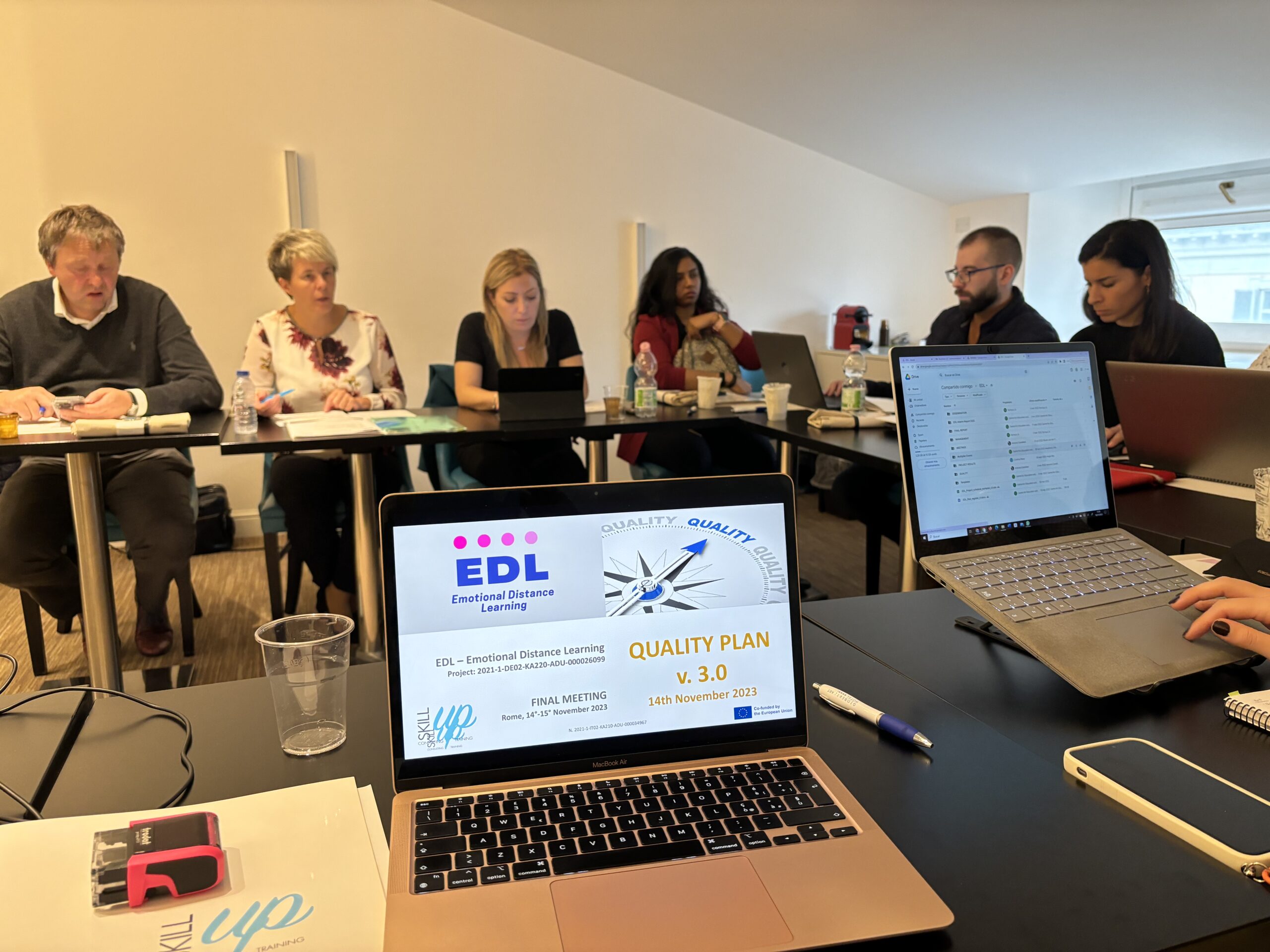By Carlota Fenoy Garcia, INDPEPCIE.
In recent decades, the term “resilience” has begun to be included in various literary genres and several other educational areas, such as adult education.
As quoted in the book Adult Learning and La Recherche Féminine: Reading Resilience and Hélène Cixous (2012), resilient learning is elusive and mutable and, by its very nature, impossible to capture and categorise.
Contrary to widespread beliefs which assume that some people are just “naturally” resilient, resilience is a fluid, energetic and partly teachable force which allows adult learners, and us teachers, to create conditions where it may flourish. Resilient students do something more than just complete the course against the odds; they do so with confidence, agency and discernment.
According to Prof Elizabeth Hoult, these are some characteristics that make some mature students succeed in learning and consequently, more resilient:
1. Resilient adult learners have the ability to engage in open readings, resisting closed meanings and they take a playful approach to language.
2. They are able to resist educational exclusion – the fate that many of their peers may suffer – while at the same time they do not yearn for full inclusion.
3. They have a fluid, performative understanding of identity – both as learners and as people. They have had many other roles before returning to study, and they continue to have many identities while they learn: careers, parents, caring for elderly parents and partners, community workers, etc.
5. They resist passivity by dealing actively with their teachers.
Prof Elizabeth Hoult concludes that adult learning is a kind of reawakening into education for people who have missed out the first time. Resilient adult learners have, at some level, a faith in the process of learning as they believe their lives are transformed in some way or another by learning.
She advises as that as teachers, we need to re-evaluate some of our pedagogical practices and responses to behaviours that might be seen as difficult or obstructive for our students. We also need to recognise and explicitly talk about anxiety without trying to close it down or protect learners from it. Lastly, we also need to provide opportunities for learners to perform different identities in their learning.
References
Hoult, E.C. (2012) Adult Learning and La Recherche Féminine: Reading Resilience and Hélène Cixous. New York: Palgrave Macmillan.
Hoult, E.C. (2013). Resilience in Adult Learners: some pedagogical implications. Journal of Pedagogic Development, vol.3. University of Bedfordshire. https://www.beds.ac.uk/jpd/volume-3-issue-1/resilience-in-adult-learners-some-pedagogical-implications/



0 Comments